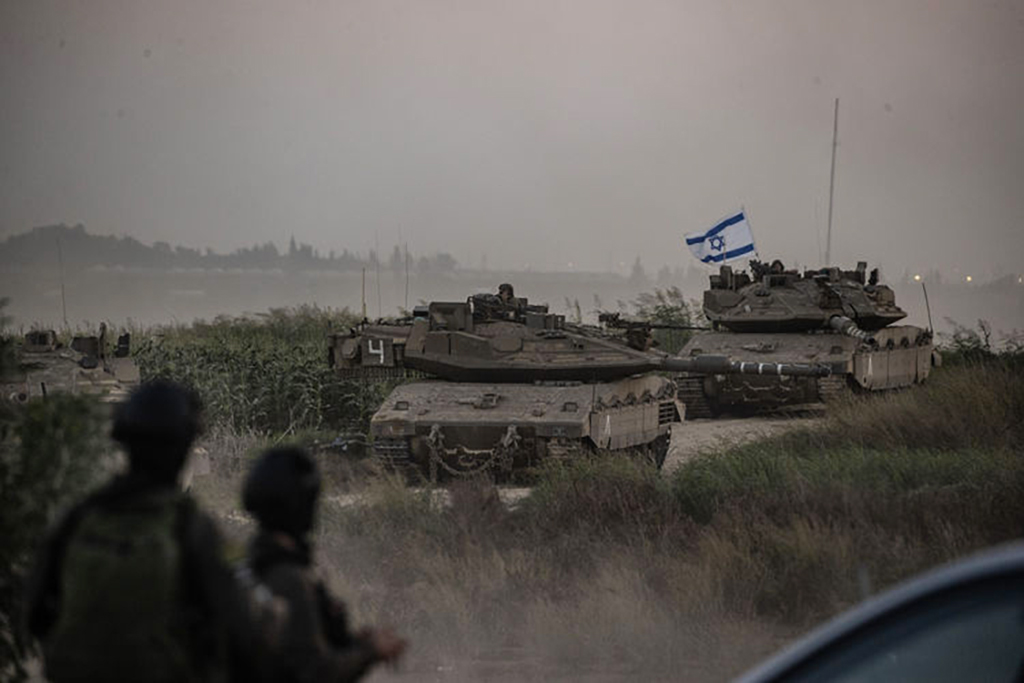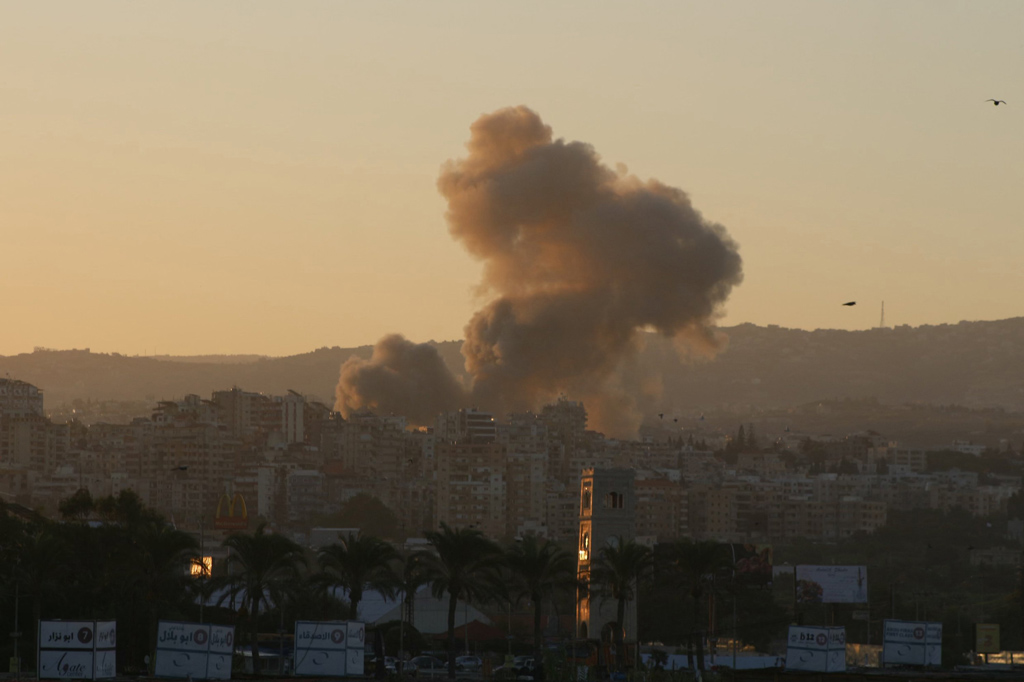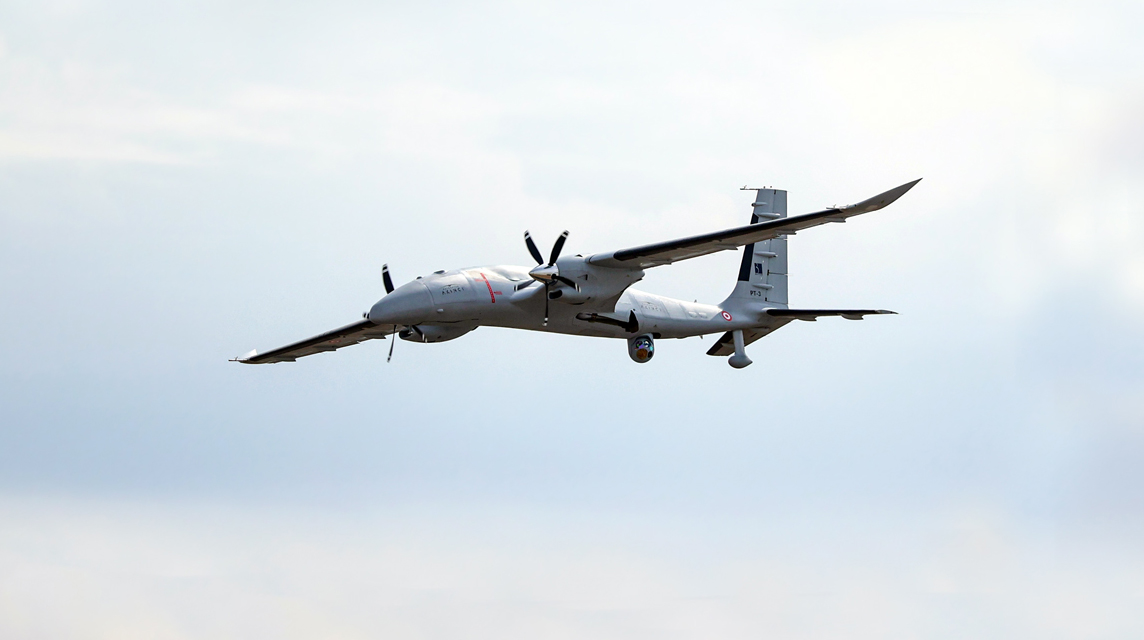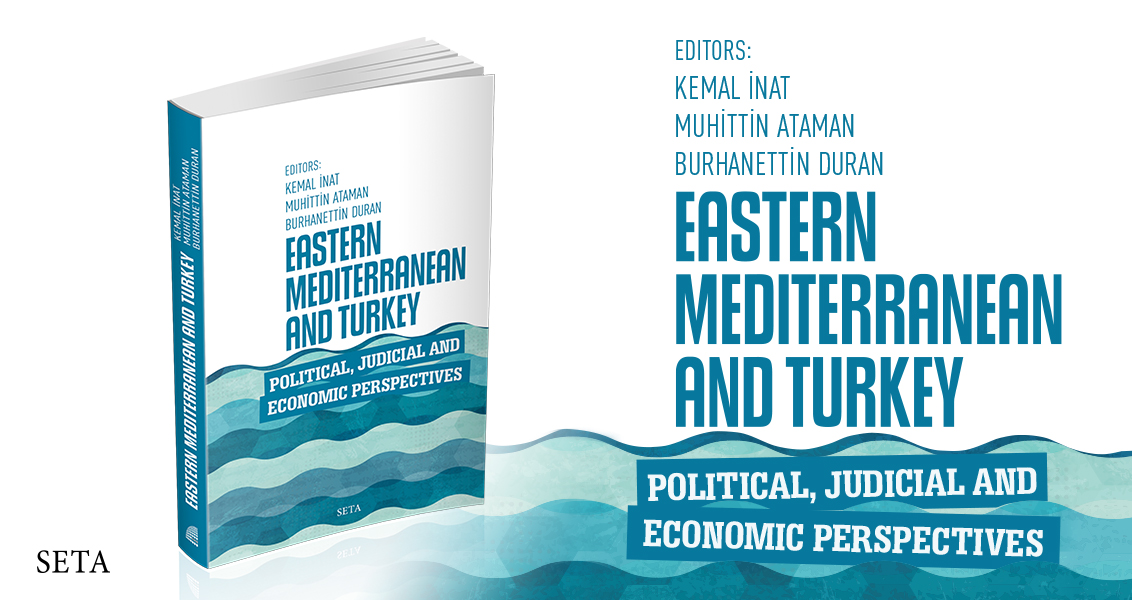As soon as the graphic pictures depicting the tiny body of Aylan Kurdi, a cute 3-year-old boy from Kobani, lying on the shores of Bodrum in Turkey was publicized by global media outlets, there emerged partly sincere and partly superficial outbursts of protests against Europe's indifference to the humanitarian catastrophe unveiling on its doorsteps. Although it was a rather poorly kept secret that since the destabilization of the Middle East in the wake of the Arab Spring, authoritarian reversals and especially the break-up of the Syrian war, a massive refugee crisis has been brewing around the Mediterranean, and conservative European politicians have preferred to turn a blind eye to the facts on the ground.
Revitalization of the extreme right across the European political seen since the global economic crisis was a reflection that "the old continent" was losing its self-confidence as the harbinger of universal values such as fundamental human rights and liberties. Instead, there was a powerful trend to reignite the defensive conception of "fortress Europe" by limiting the extension prospects of the European Union, while conducting external diplomatic and economic relations on the basis of pure interest calculations rather than idealistic agendas such as the promotion of democracy.
Therefore, it was not surprising to see European leaders forming cozy relationships with old and new authoritarian regimes in the Middle East reminiscent of their ways during the Cold War, i.e., German Chancellor Angela Merkel hosting Egyptian President Abdel-Fattah el-Sissi in Berlin to ensure billion-dollar energy investments in Egypt and her vice-chancellor trying to open up the Iranian banking sector to German investments against her French and British rivals. In the meantime, the rhetoric and processes initiated to empower democratic rule in the Middle East were totally forgotten, and popular movements in the Arab world were left alone. But when the Arab Spring turned into a winter via authoritarian reversals and internal wars, European leaders coalesced with the Americans to follow the developments from a safe distance up until the Islamic State of Iraq and al-Sham (ISIS) emerged as a commonly accepted new foe for the Western world.
The escalating war in Syria triggered a massive humanitarian tragedy with the mass exodus of millions of refugees to surrounding countries led by Turkey, Lebanon and Jordan, while both the oil-rich Gulf countries and Europe avoided undertaking any meaningful responsibility for humanitarian assistance and the efforts aimed at ensuring peace in Syria. Merkel's rude attitude towards a Palestinian girl staying in Germany as a refugee - or migrant to use the preferred terminology to avoid formal responsibility - that left her in tears was indicative of the "firm" stance and lack of compassion expected to be shown to Middle Eastern refugees in Europe. Hence, some countries such as Slovakia implemented openly faith-based discrimination by expressing that they would accept only Christian refugees, while transit countries such as Hungary were busy constructing wire fences and walls to stop the influx of refugees to Western Europe.
As we stand, Europe's double standards on human rights violations and autocratic regimes in the Middle East and its inaction to put an end to protracted civil wars seem to have carried the humanitarian problem to mainland borders via an unprecedented refugee influx. It is not an ordinary development for Europeans to witness the corpses of 71 refugees in a cargo track in Austria, or watch trains full of refugees arriving to its eastern borders. It is not only the Syrians; Afghans, Bangladeshis, Pakistanis and Africans are trying to escape civil war and humanitarian catastrophes for the hope of a better life in Europe. But for a start, European leaders need to prepare a legal basis and a sharing arrangement for the admission of refugees by the members of the European Union according to commonly agreed criteria, rather than trying to keep them away with a cold fac








